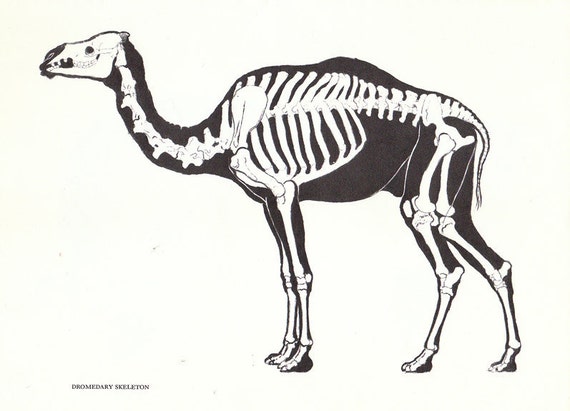The first public library in the U.S. was founded by BenjaminFranklin. While mission and vision
statements weren’t all the rage in 1731, mottos were and what he settled on for
this newly established institution was “Communiter Bona Profundere Deum Est”. No,
my fingers didn’t slip on the keyboard—it’s Latin. And the free translation (a free translation
incorporates the literal and cultural meaning, rather than just word-for-word, as opposed to being monetarily free)
is: “To pour forth benefits for the common good is divine.”
Wow. That’s quite a
motto to live up to, isn’t it?
But public libraries have been doing just that for the past
284 years. They don’t look the same as
they did in Franklin ’s
day but they serve the public to the betterment of the community and nation today just as they did then.
Public libraries exemplify the true definition of a
democratic entity; one that focuses on “believing in or practicing the idea that people are socially equal”. Everybody that comes through the door
has the same rights, privileges and opportunities as everybody else.
I like this explanation from ilovelibraries.org:
“Libraries are great democratic institutions that serve people of every age, income level, location, ethnicity or physical ability, and provide the full range of information resources needed to live, learn, govern, and work. Because libraries bring free access to all, they also bring opportunity to all.”
Now, I know I’ve written some complaints about the people I
serve involving some of the more uncomfortable interactions I’ve had. Too much 'positive appreciation' (e.g. creepy
attention), some aggressive or argumentative patrons, and the olfactory
assaults that come with working with people en masse, to name a few. But that’s just the beauty of the
organization; everybody that comes to my desk gets the same quality of service,
regardless of their background (or personal hygiene). And everyone has the same opportunities! Which
means that even though I’ve had to grit my teeth and help the sarcastic fellow
who snidely comments, “you know you’re going to be replaced by a computer soon,
right?” I’ve also been able to help:
- The gentleman who had just gotten out of jail after a 10-year stint and needed to get an email address.
- The gentleman who had to argue on the phone with the insurance company about the care his elderly mother needed.
- The high school student who needed information for her National History Day project.
- The lady who made sure to thank me for help on her resume which helped her land a job.
- The multitude of people who need legal documents printed out so they can file for divorce, request child custody, or contest a ruling from the court.
- The older couple that comes in looking for books that are enjoyable but not too exciting (because the wife gets so into her books that sometimes when she’s done she has to take a Xanax!)
- The blind gentleman who comes in for dozens of audiobooks at a time.
Every one of these people is a valued citizen who is
served by the public library.
Unfortunately, since libraries render services for the
common good and equality of the citizenry, they don’t make a profit. In reality this is not a failure, that is simply not their intent. So, in times of
financial crisis, they are often a target of budget cuts. This is the exact opposite of what is best
for the community! When money gets tight
at the library, what becomes endangered?
- Books—despite what you might hear books are still bought, sold, rented, borrowed and read (and stolen as "souvenirs" as we in the biz say, but still need to be replaced).
- Periodicals—these include magazines and newspapers.
- Digital services—ebooks can be expensive but it’s actually the access and storage of them that requires the expense output.
- Internet and WiFi capability—broadband is expensive and all services require maintenance and troubleshooting.
- Children’s programs—with so much outcry about the decline of education in the country, decreasing literacy programs is not only counter-productive, but actively dangerous to our country's future.
- Job hunting—Many patrons come in for access to, and help with, online job applications. Less money means less time and help are available. Fighting the specter of unemployment is more difficult when people can’t apply for a job.
- Hours—This is one of the most heinous cuts. If there isn’t enough money for staff or utilities, the library hours are cut which means limiting the equalizing opportunities for everyone.
- Staff—Budget cuts mean fewer hours and fewer positions available so staffers have to take on more and varied duties, often doing things outside their normal job parameters to get things done.
- Staff—Professional library staff hold higher degrees; a Master’s degree in Library Science (or often now, an MLIS—Master’s in Library and Information Sciences) or State Professional Certification is required to be a librarian. With less money it’s difficult to attract and hold certified professional staff to develop and maintain a quality library.
Make it a point to convey your support of the public
library, not just to the tireless staff that serve you but to the governing
body that provides the funds. The city
government might not understand the gem in their midst. The county library might not see how many
people utilize this vital tool. The
state might forget about the benefits supplied at the ground-level by the public library. But you
can remind them!
Help support your public library!





















